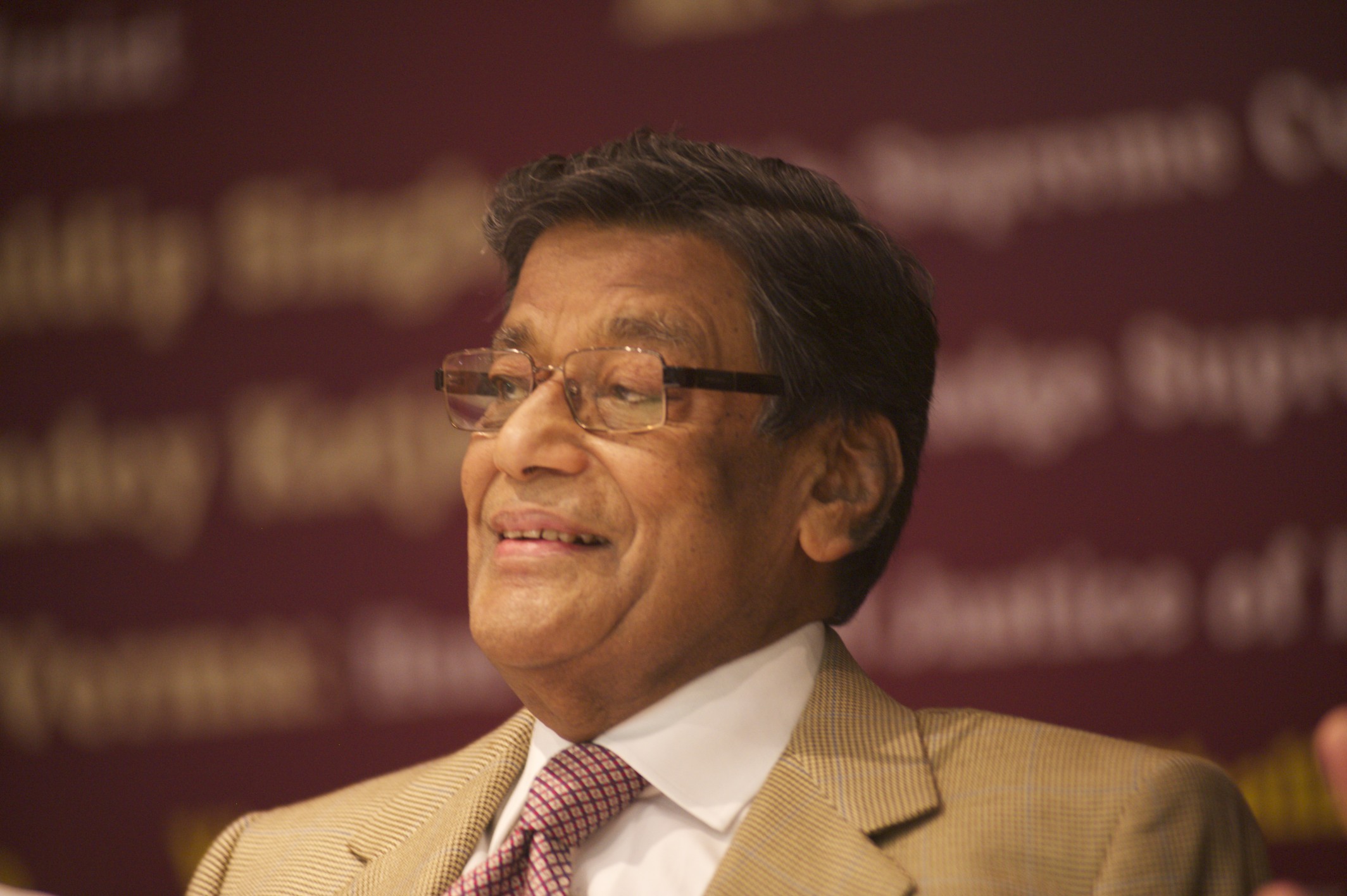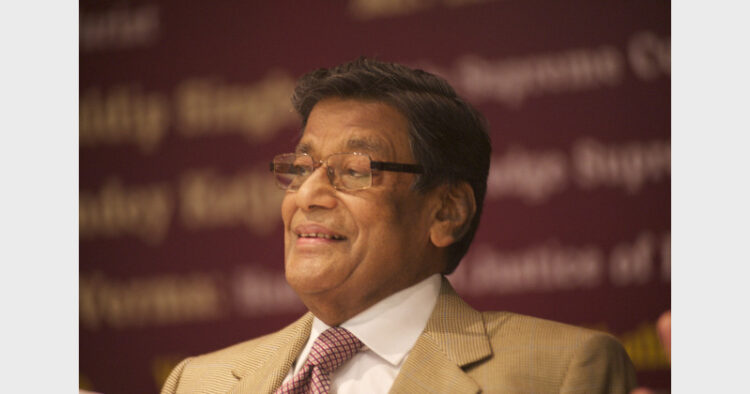
Advocare General Venugopal expressed his antipathy against judiciary’s over-dependence on the Constitutional morality in judgments like in the Sabarimala case
Criticising the apex court for depending more on Constitutional morality, Attorney General K K Venugopal said that the Supreme Court had “garnered to itself vast powers, which no one apex court in the world has ever exercised” and that its interpretation of Article 142 of the Constitution, in a manner, conveyed that it was “above the law”.
According to an Indian Express report, the Attorney General disapproved of over dependence on the Constitutional morality in judgments like in the Sabarimala case. He said he hoped that “Constitutional morality will die with its birth” and warned that “if (the court) still persists with it…Pandit Nehru’s belief that it would result in the Supreme Court of India becoming a third chamber will come true”, reports The Indian Express. He was peaking at the Second J Dadachanji Memorial Debate.
“The Preamble of the Constitution says ‘we the people’. We gave to ourselves this Constitution. Are you going to treat the whole of the population as illiterate and not able to think for themselves? I say no. Maybe the illiteracy today is 26 per cent, but even those (people living in the villages and rural areas), they have basic wisdom and they know what is good for them. And therefore, for the court to believe that unless we interfere, the country is doomed, I say no, it can’t”, said the AG.
Criticising the manner in which the court had interpreted Article 142 of the Constitution, Venugopal said, “Article 142 merely permitted the Court to pass such decree or make such order as to do complete justice in any cause or matter pending before the court…But the Article was treated as a Kamadhenu from which ‘unlimited’ powers flowed to the apex court of the country.”
He vindicated the usage of the word ‘unlimited’ citing the Union Carbide Judgement delivered by Justice M N Venkatachaliah in 1991.
Shri Venugopal further said, “First of all, Article 142 had nothing whatsoever to do with the powers of Parliament. It had nothing to do with the powers of the Supreme Court override the laws made by the Parliament. But, this is what was said by the very eminent judge Justice Venkatachaliah. In other words, they said that so far as the Supreme Court is concerned, we are above the laws”.
“The result is that instead of the supremacy of the Constitution, the supremacy of the Supreme Court of India was established”, he added.
Referring to the Sabarimala judgement, the Attorney General said, “What is this Constitutional morality? If a bench of the Supreme Court speaks in two different voices, one saying Constitutional morality will permit the entry of women and the other one which says no, it’s prohibited because of constitutional morality, that is a very dangerous weapon.You cannot use it.it can result in grave injury without anyone knowing where it’s going to end. Therefore I’m hoping Constitutional morality will die with its birth.If it still persists with it, I’m afraid that Pandit Nehru’s belief that it would result in the Supreme Court of India becoming a third chamber will come true.”
The Supreme Court had, in a 4:1 judgement, delivered a verdict which goes against the age-old customs and traditions of the Sabarimala, allowing the entry of women of all ages to the temple.













Comments